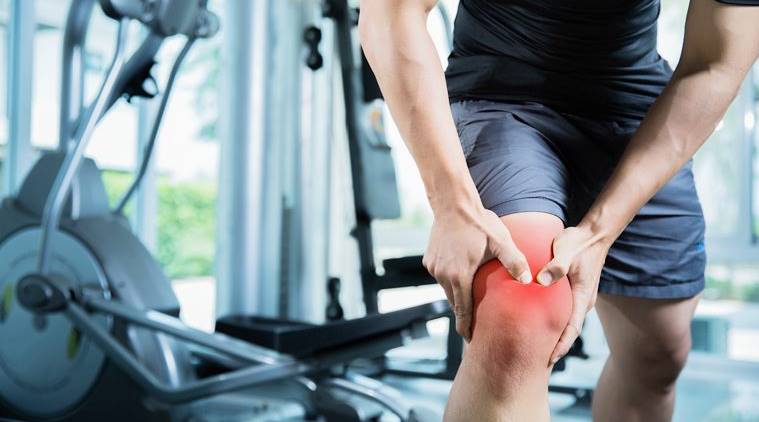 Is fitness taking a toll on your body? Post workout muscle soreness can leave you exhausted. (Source: Thinkstock/Getty Images)
Is fitness taking a toll on your body? Post workout muscle soreness can leave you exhausted. (Source: Thinkstock/Getty Images)
Incorporating a good physical activity in your everyday routine is definitely a healthy way to take care of your body. But when you push yourself too hard or start doing a form of exercise that you haven’t done before, it can result in sore muscles. While there’s a myth that muscle soreness is a sign of a great workout, it can actually lead to a burning sensation in the body and make you feel exhausted for the rest of the day.
Since muscles go through a lot of stress, it can lead to tiny tears or micro-tears in muscle fibers, which in turn can lead to Delayed Onset Muscle Soreness (DOMS). The gradual increase of pain that occurs between 24 to 48 hours after exercise is referred to as DOMS. This pain can stay for two to three days and may lead to swelling and stiffness in the joints as well. In order to avoid such problems, here are five tips to follow that will help curb sore muscles:
Stretch your muscles
Stretching your muscles is important to alleviate sore muscles post workout. Your muscles get contracted and it shortens the fibers. But lengthening provides mobility as it relieves you of the pain.
Apply heat
When you apply heat to the affected area, it will help relax your tightened muscle. It leads to better circulation of the blood and prevents building up of lactic acid waste, thus warding off inflammation.
Eat properly and stay hydrated
Eating protein-rich foods helps recover muscle soreness. Also, add omega-3 foods like salmon and avocados in your diet as it helps reduce inflammation. Dehydration further increases soreness. Hence, drink lots of water as it also helps release toxins from the body and makes your muscles flexible.
Use foam rollers
Using foam rollers helps elongate muscle tissues and increases blood circulation that helps in the quick recovery of muscle soreness.
Massage the sore spots
Massaging helps break lactic acid, which is one of the main reasons for muscle soreness. You can either self-massage or take the help of a massage therapist. Massage therapy helps in relaxing the muscles and healing inflammation.